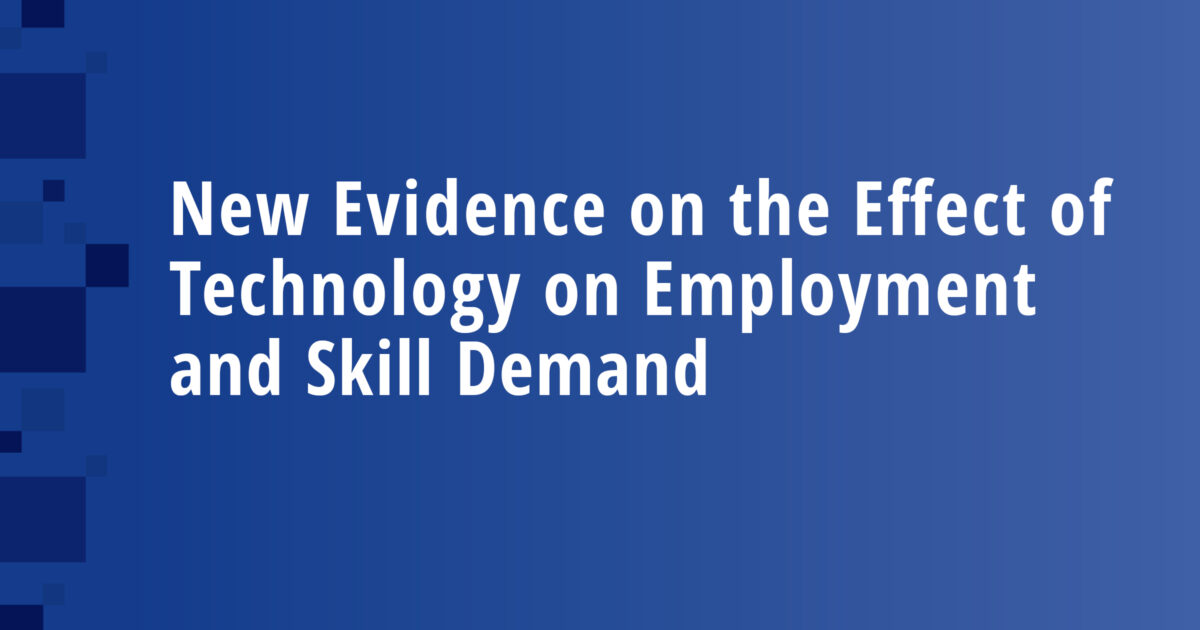
We present novel evidence on the effects of advanced technologies on employment, skill demand, and firm performance. The main finding is that advanced technologies led to increases in employment and no change in skill composition. Our main research design focuses on a technology subsidy program in Finland that induced sharp increases in technology investment in manufacturing firms. Our data directly measure multiple technologies and skills and track firms and workers over time. We demonstrate novel text analysis and machine learning methods to perform matching and to measure specific technological changes. To explain our findings, we outline a theoretical framework that contrasts two types of technological change: process versus product. We document that firms used new technologies to produce new types of output rather than replace workers with technologies within the same type of production. The results contrast with the ideas that technologies necessarily replace workers or are skill biased.